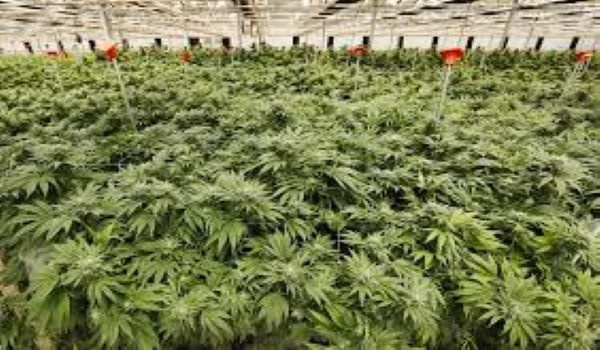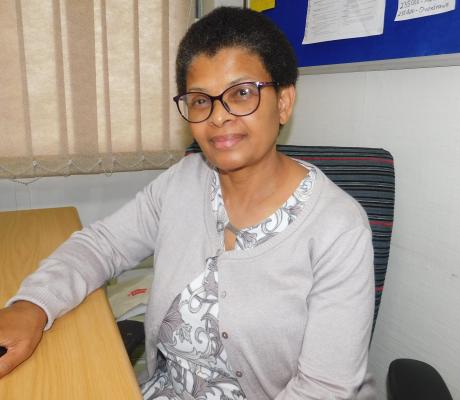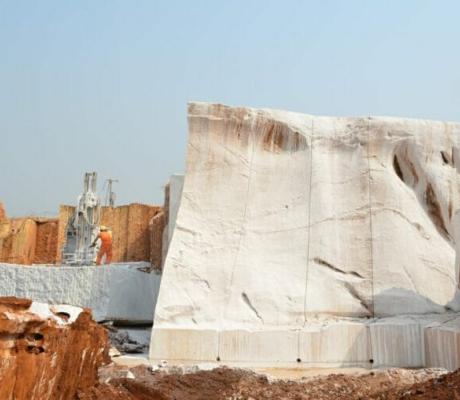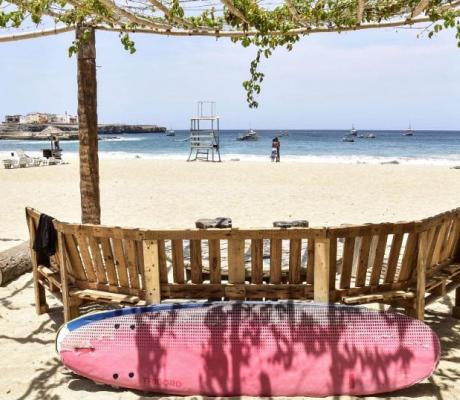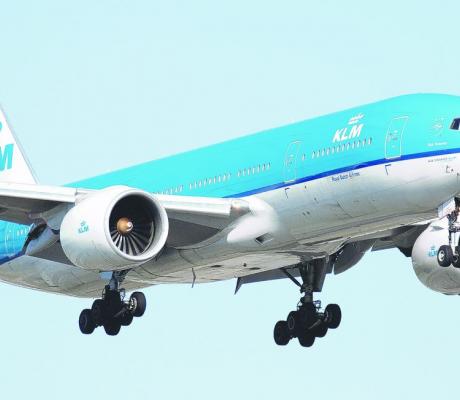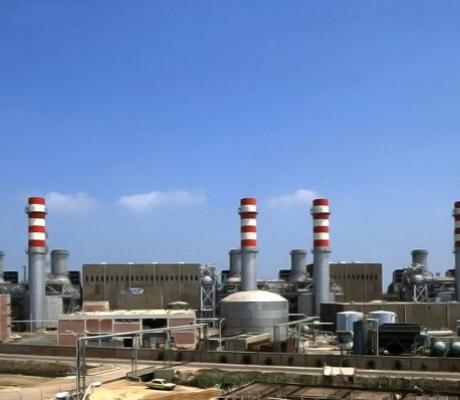The East African Community could become a mass producer of medical cannabis for export to fast-growing markets in the West.
This is after Rwanda on October 12 became the latest EAC partner state to approve medical cannabis production for export, following closely in the footsteps of Uganda.
Tanzania and Kenya, which produce the largest amounts of cannabis in the region, are yet to legalise the commodity and so it is exported illegally.
Rwanda government officials said the decision to legalise the export of medical marijuana was based on the revenue potential for the country.
"Some of these therapeutic crops can fetch around $10 million per hectare of production. Flowers fetch about $300,000 from one hectare, so economically it is a potentially good business for the country," Clare Akamanzi, CEO of Rwanda Development Board said on Rwanda Broadcasting Agency.
The country has developed and approved the bloc's first framework for cannabis export, and is now reviewing bids from interested investors.
However, this investment framework does not affect the legal status of cannabis consumption in Rwanda, which remains a crime and attracts two years in jail, while selling it is punishable by 20 years to life in prison.
"If you get a licence to grow these therapeutic crops in Rwanda, you will be required to have a strong security programme that has to be approved by our security organs," Ms Akamanzi said.
The security measures include using CCTV cameras, watchtowers, street lights and human guards to ensure that the crop does not get to the local market.
Prior to the approval, Rwanda Development Board (RDB) invited companies to bid for the development of "medical cannabis" in Rwanda last year with a focus for the export.
Uganda
In the region, Uganda has the most advanced guidelines for the production and export of medical cannabis, although it remains illegal in the country.
Uganda approved the guidelines for farming cannabis, requiring investors to have a minimum capital of $5 million as capital and a bank guarantee of $1 million to get authorisation to farm and export cannabis.
The country also secured buyers in Germany and Canada, while the European Union approved the country's cannabis exports in 2019.
The Ugandan government in 2018 spent about $264,000 on the importation of quality cannabis seeds.
The country first registered a cannabis firm in 2012 -- Industrial Hemp Uganda Ltd -- to grow and develop cannabis exports. More firms have joined since then, including Israel marijuana company, Together Pharma, which has an agreement with Industrial Hemp to invest in its production for clients in Europe and America.
Last year in August, Ugandan parliamentarians tasked Prime Minister Ruhakana Rugunda to explain the country's unclear position on growing marijuana.
PM Ruhakana promised to get back to parliament with a response, which is yet to be done up to now.
Due to the illegality surrounding the farming and exportation of cannabis, it is not clear how much revenue has been generated from the crop in countries like Uganda.
Kenya
Kenya has had hushed debates for decades over whether to legalise marijuana.
In 2018, former Kibra MP the late Ken Okoth tabled a Marijuana Control Bill in the National Assembly, for medical reasons. At the time, South Africa became the third country in Africa to legalise cannabis after Lesotho and Zimbabwe.
The Marijuana Control Bill 2018 sought to stop the decriminalisation of handling of weed as well as amnesty for those prosecuted for using or growing the plant. The proposed law also sought the proper regulation of the marijuana farming sector, arguing that the law would cater for the growers, traders and protecting minors once it was in place.
However, Okoth -- who was suffering from cancer and testified that marijuana helped relieve his pain -- died in July 2019 before the law could be passed.
After his death, Narok Senator Ledama Olekina took up the campaign to legalise cannabis for medical use.
"Why is it that we in Kenya are still stuck with the old way. If this drug reduces pain in cancer patients, why don't we legalise it, what is so bad about it, we only live once," said Mr Olekina in a video posted online.
But, majority of Kenyan politicians opposed its legalisation on the basis that over 162,000 children in Kenya below the age of 18 years use cannabis in school.
Tanzania
Although Tanzania has some of the strictest laws against cannabis and other illicit drugs in the region, the country is estimated to be one of the leading producers and exporters of cannabis products in Africa.
Researchers say that illicit drugs use is an increasing problem in the region, particularly for the youth.
In a 2018 concept paper titled Drug Use As A Hindrance To Socio-Economic Development In Rwanda, researcher Gonzague Isirabahenda said that illicit drug use is one of the biggest challenges facing young people in Rwanda.
"A big number of these young people eventually get addicted posing a threat to their own health and safety, while creating difficulties for their families and the public," he said.
The UN estimates that around 38,000 tonnes of cannabis worth billions of dollars are produced annually in Africa and sold in the black market.
Only four countries in Africa - Zambia, Lesotho, South Africa and Zimbabwe -- officially permit cannabis for medical use.
In the EAC, Tanzanians consume more cannabis than any of their peers, with up to 3.6 million Tanzanians using the drug in 2018, according to New Frontier Data, a research firm based in the UK.
Kenya follows closely with 3.3 million cannabis users while Uganda has 2.6 million consumers, the report says.
In 2018, Africa recorded $37 million worth of cannabis consumption, which represents a small fraction of the $345 billion global markets for cannabis, according to New Frontier Data.
Prohibition Partners, a UK based research firm, said that the African cannabis market could reach $7.1 billion by 2023.
Source: theeastafrican.co.ke

